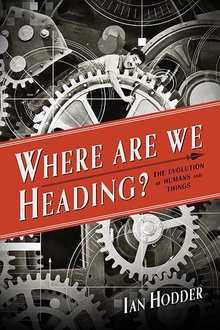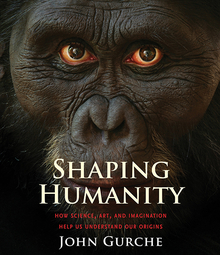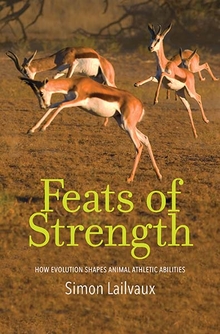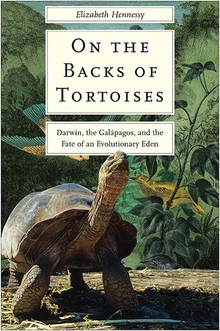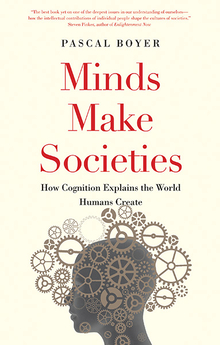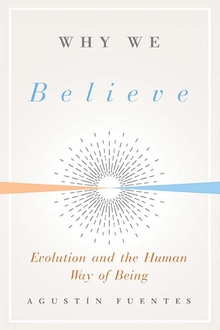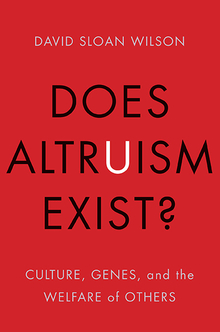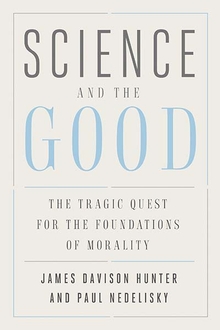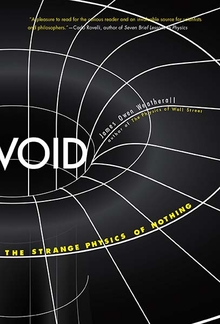Where Are We Heading?
WARNING
You are viewing an older version of the Yalebooks website. Please visit out new website with more updated information and a better user experience: https://www.yalebooks.com
The Evolution of Humans and Things
Ian Hodder
A theory of human evolution and history based on ever-increasing mutual dependency between humans and things
In this engaging exploration, archaeologist Ian Hodder departs from the two prevailing modes of thought about human evolution: the older idea of constant advancement toward a civilized ideal and the newer one of a directionless process of natural selection. Instead, he proposes a theory of human evolution and history based on “entanglement,” the ever-increasing mutual dependency between humans and things.
Not only do humans become dependent on things, Hodder asserts, but things become dependent on humans, requiring an endless succession of new innovations. It is this mutual dependency that creates the dominant trend in both cultural and genetic evolution. He selects a small number of cases, ranging in significance from the invention of the wheel down to Christmas tree lights, to show how entanglement has created webs of human-thing dependency that encircle the world and limit our responses to global crises.
In this engaging exploration, archaeologist Ian Hodder departs from the two prevailing modes of thought about human evolution: the older idea of constant advancement toward a civilized ideal and the newer one of a directionless process of natural selection. Instead, he proposes a theory of human evolution and history based on “entanglement,” the ever-increasing mutual dependency between humans and things.
Not only do humans become dependent on things, Hodder asserts, but things become dependent on humans, requiring an endless succession of new innovations. It is this mutual dependency that creates the dominant trend in both cultural and genetic evolution. He selects a small number of cases, ranging in significance from the invention of the wheel down to Christmas tree lights, to show how entanglement has created webs of human-thing dependency that encircle the world and limit our responses to global crises.
Ian Hodder is an archaeologist and professor of anthropology at Stanford University. His most recent books are Entangled: An Archaeology of the Relationships Between Humans and Studies in Human-ThingEntanglement.
"In this important book, Ian Hodder demonstrates why things matter, not because they represent something, but because the entangled interdependence of all things gives rise to the forward direction of history."—John C. Barrett, Professor Emeritus, University of Sheffield
"Ian Hodder offers a new evolutionary model that gives real prominence to the human entanglement with things, in a brilliantly lucid account of the long paths along which humans and things lead each other."—Carl Knappett, Department of Art, University of Toronto
“Running counter to studies giving human agency the big share in our embeddedness with things, Hodder’s sparkling essay advances the legacy of systems of things as entrapping human evolution.”—Pierre Lemonnier, author of Mundane Objects. Materiality and Non-verbal Communication
“Ian Hodder frames a new archaeological perspective on the grand narrative of human evolution. Where Are We Heading? provides the first compelling explanation of directionality in cultural change.”—Dorian Fuller, University College London
"Hodder’s book adds substantially to the case for the importance of coevolutionary relationships in human evolution. In summary, this book will be a valuable addition to college courses in fields such as anthropology and history, and the book's ease of presentation make it accessible and engaging to general readers."—M. J. O'Brien, Choice
Selected for Choice's 2019 Outstanding Academic Titles List
ISBN: 9780300204094
Publication Date: August 21, 2018
Publication Date: August 21, 2018
200 pages, 5 1/2 x 8 1/4
20 b/w illus.
20 b/w illus.

